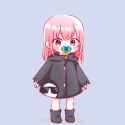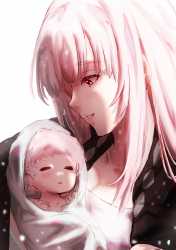
The archetype is a concept "borrowed" from anthropology to denote a process of nature. Jung's definitions of archetypes varied over time and have been the subject of debate as to their usefulness. Archetypal images, also referred to as motifs in mythology,[b:lit] are universal symbols that can mediate opposites in the psyche, are often found in religious art, mythology and fairy tales across cultures. Jung saw archetypes as pre-configurations in nature that give rise to repeating, understandable, describable experiences. In addition the concept takes into account the passage of time and of patterns resulting from transformation.[117] Archetypes are said to exist independently of any current event, or its effect. They are said to exert influence both across all domains of experience and throughout the stages of each individual's unique development. Being in part based on heritable physiology, they are thought to have "existed" since humans became a differentiated species. They have been deduced through the development of storytelling over tens of thousands of years, indicating repeating patterns of individual and group experience, behaviors, and effects across the planet, apparently displaying common themes.[115]
The concept did not originate with Jung but with Plato who first conceived of primordial patterns. Later contributions came from Adolf Bastian, and Hermann Usener among others.[118] In the first half of the twentieth century it proved impossible to objectively isolate and categorize the notion of an archetype within a materialist frame. According to Jung, there are "as many archetypes as there are typical situations in life",[119] and he asserted that they have a dynamic mutual influence on one another. Their alleged presence could be extracted from thousand-year-old narratives, from comparative religion and mythology.[120] Jung elaborated many archetypes in "The Archetypes and the Collective Unconscious" and in "Aion: Researches into the Phenomenology of the Self". Examples of archetypes might be the shadow, the hero, the self, anima, animus, mother, father, child, and trickster.

